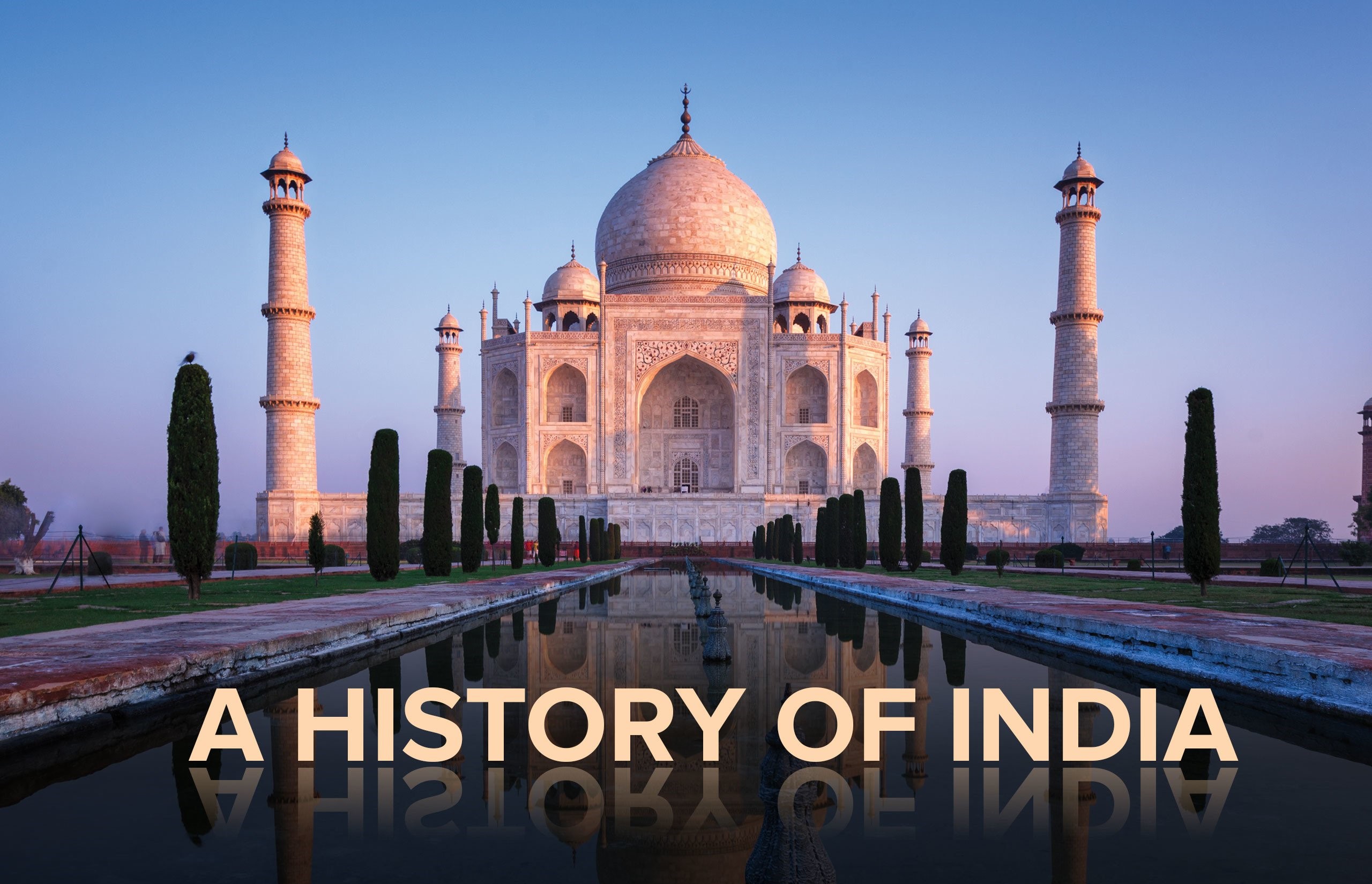Governer Generals and Viceroys in india
Governer Generals and Viceroys in India ( 1858-1947 )
Lord Canning (1858-62)
The Indian Councils Act of 1861 was passed, which proved to be a landmark in the constitutional history of India; The Indian Penal Code of Criminal Procedure (1859) was passed; The Indian High Court Act (1861) was enacted; Income Tax was introduced for the first time in 1858; The Universities of Calcutta, Bombay and Madras founded in 1857; The Indigo riots in Bengal (1860).
Lord Elgin I (1862-63)
Wahabi Movement (Pan-Islamic Movement)
Sir John Lawrence (1864-69)
Telegraphic communication was opened with Europe; High Courts were established at Calcutta, Bombay and Madras in 1865; Expanded canal works and railways; Bhutan War (1865); Advocated State-managed railways; Created the Indian Forests Department and reorganized the native judicial service.
Lord Mayo(1869-72)
Introduced financial decentralization in India, Established Mayo College at Ajmer for the princes; Organised the Satistical Survey of India, Established the Department of Agriculture and Commerce, He was the only Viceroy to be murdered in office by a convict in Andamans in 1872, Introduction of State Railways.
Lord Northbrook (1872-76)
Kuka Movement of Punjab took rebellious turn during his period.
Lord Lytton (1876-80)
Most infamous Governor-General, Pursued free trade and abolished duties on 29 British manufactured goods which accelerated drain of wealth of India, Arranged the Grand Darbar in Delhi (in 1877) when the country was suffering from a severe famine; Passed the Royal Title Act (1876) and Queen Victoriya was declared as the Kaisar-i-Hind; Arms Act (1878) made mandatory for Indians to acquire license for arms; Passed the infamous Vernacular Press Act (1878); Proposed the plan of Statutory Civil Service in 1878-79 and lowered the maximum ' age limit from 21 to 19 years, the 2nd Afghan war proved a failure.
Lord Ripon (1880-84)
Repeal of the Vernacular Press Act, 1882; The First Factory Act, 1881 to improve labour condition, Resolution of Local Self Government in 1882, Resolution on Land Revenue Policy; Appointed Hunter Commission (for education reforms) in 1882; The Ilbert Bill controversy erupted during his time (1883).
Lord Dufferin (1884-88)
3rd Burmese War (Annexation of upper and lower Burma in 1885, Establishment of Indian National Congress in 1885.
Lord Lansdowne (1888-94)
The Factory Act of 1891; Categorization of Civil Services into imperial, provincial and subordinate; Indian Council Act of 1892 (introduced elections which was indirect); Appointment of the Durand Commission to define the line between British India and Afghanistan (1893).
Lord Elgin II (1894-99)
The Munda uprising (Birsa Munda) of 1899, Convention delimiting the frontier between China and India was ratified, Great famine of 1896-97, Lyall Commission appointed after famine (1897), Assassination of two British offidals-Rand and Amherst-by Chapekar Brothers in 1897.
